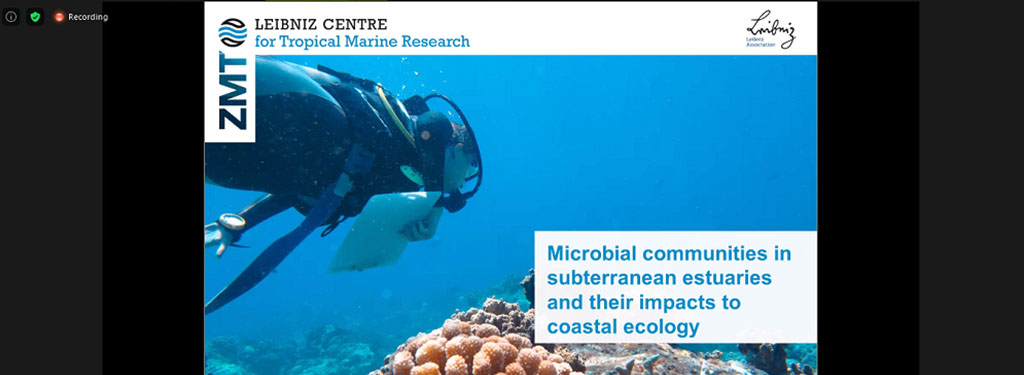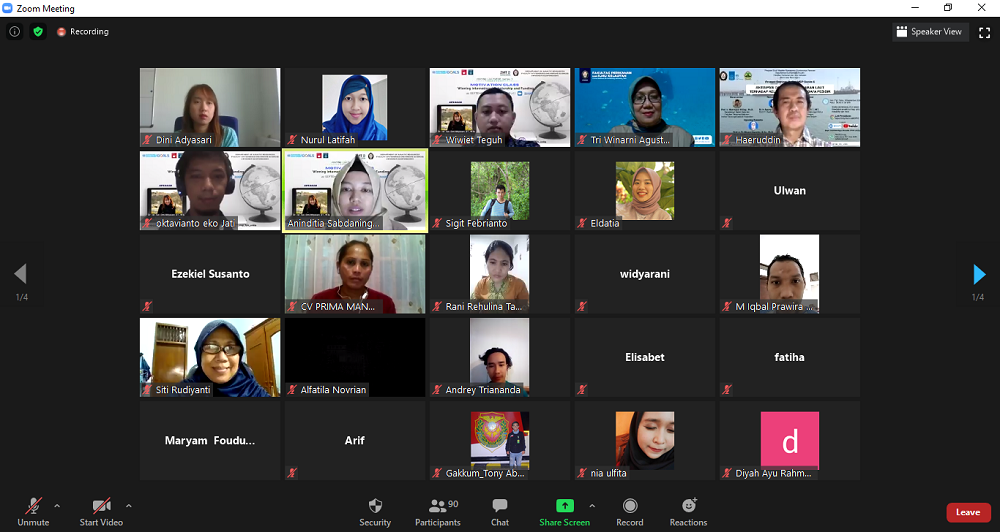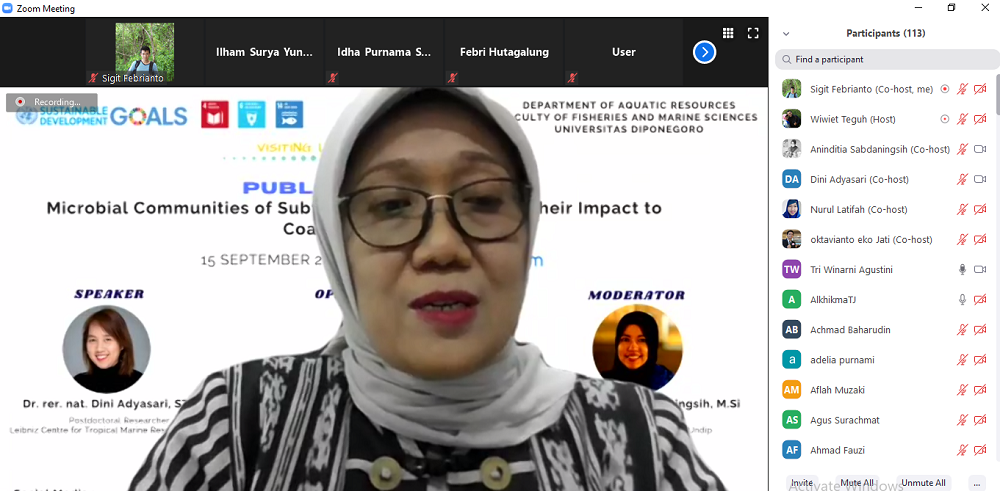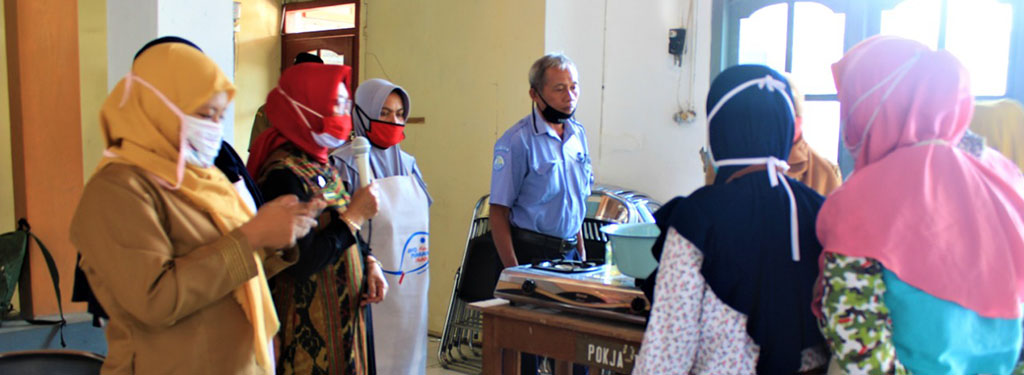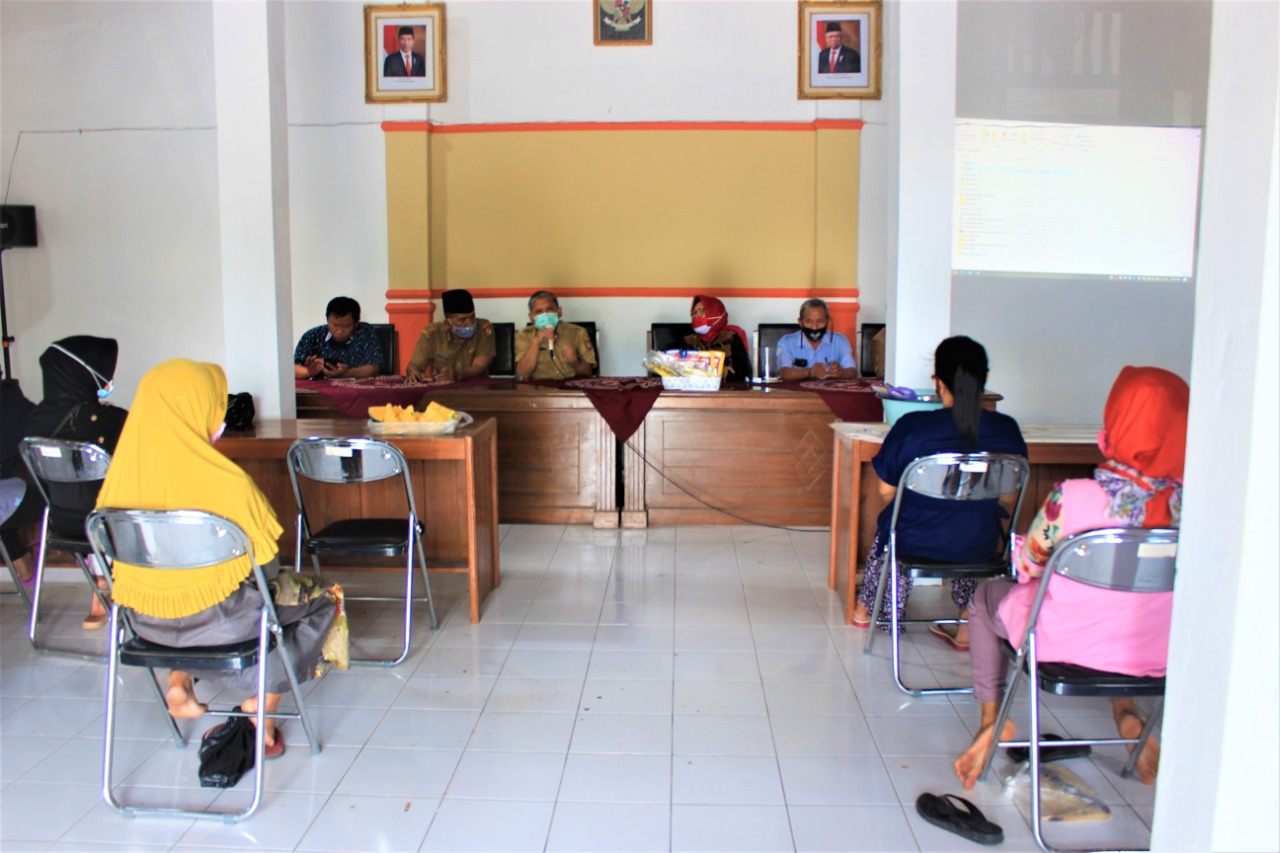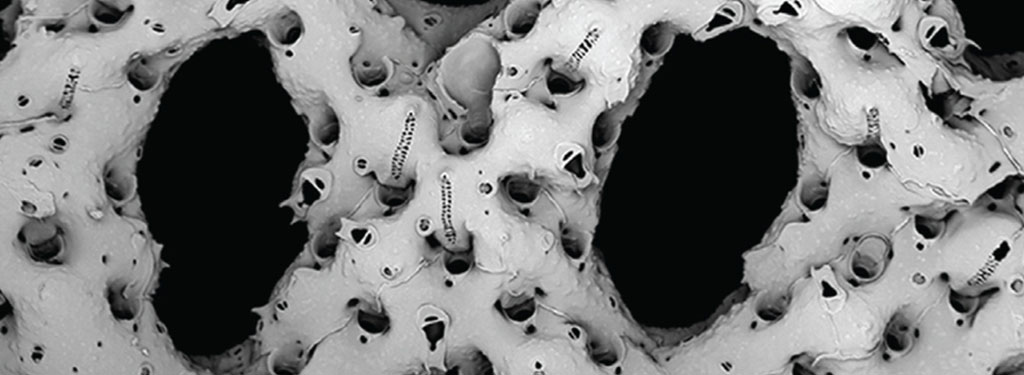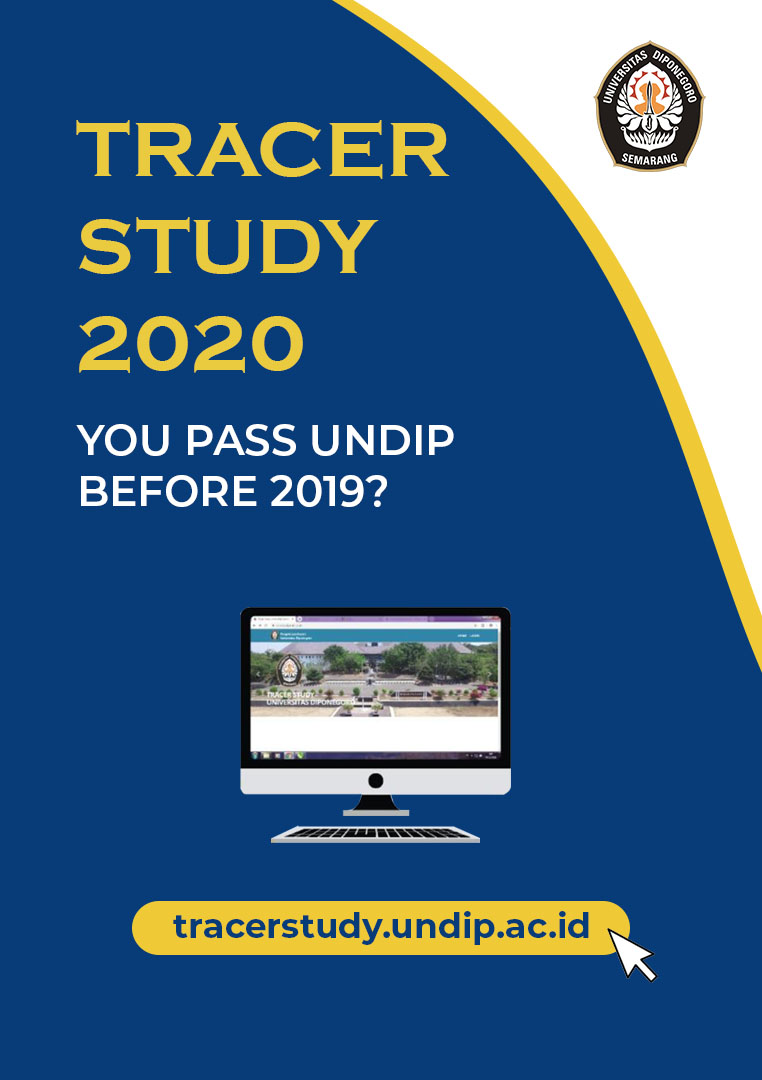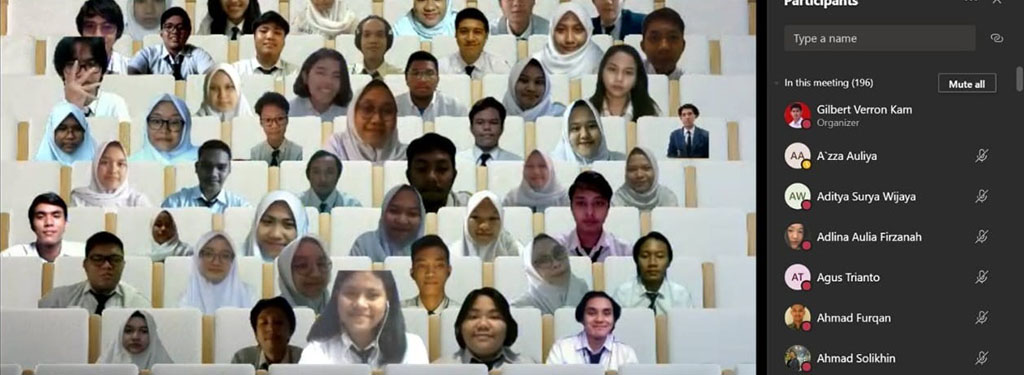
Introduction of FPIK Campus for New Students during the Pandemic
Picture: New students of the 2020 Faculty of Fisheries and Marine Sciences UNDIP participating in the FPIK ODM activities in 2020 through an online application.
FPIK, SEMARANG – Welcome to the new students of the Faculty of Fisheries and Marine Science (FPIK) Diponegoro University (UNDIP). It is an honor for us, new generations in the fisheries and marine sector continue to grow in Indonesia. At the New Student Admission (PMB), FPIK has accepted hundreds of new students from all corners of this country. To study at the FPIK campus, new students are required to take part in one of the faculty level regeneration series, namely the FPIK Youth Diponegoro Orientation (ODM). In this ODM activity, new students will be introduced to the lecture system, academic fields, faculty culture, campus infrastructure and student organizations on the FPIK campus.
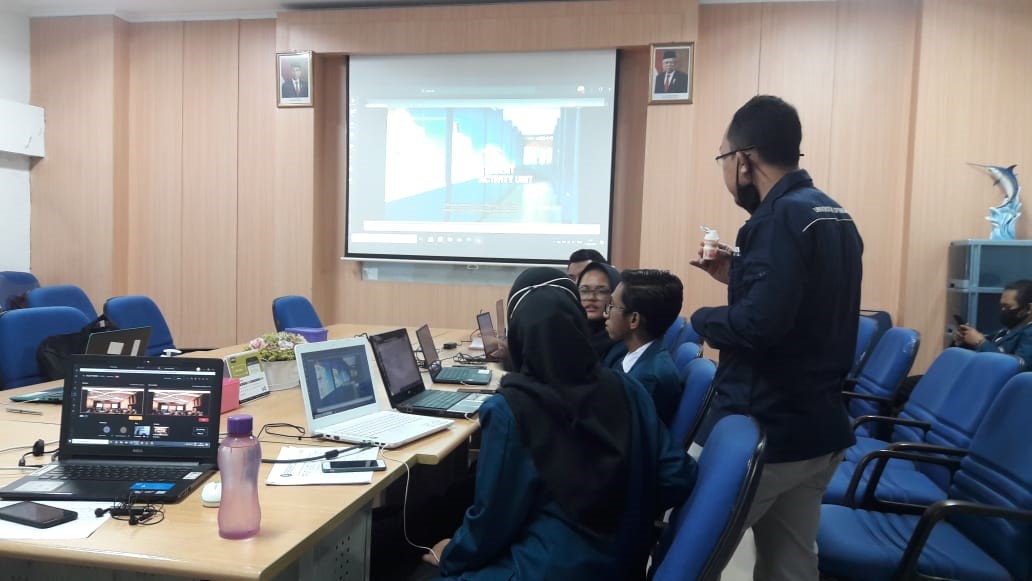
Picture: The 2020 FPIK ODM committee is currently conducting a briefing and simultaneously broadcasting a profile video of FPIK UNDIP.
ODM FPIK aims to instill character and values of kindness in new students entering lectures and all information about the campus environment and its surroundings. For the first time, the FPIK ODM in 2020 has been held online. As we all know, this condition is caused by the Covid-19 pandemic. In previous years, ODM FPIK consisted of 2 series of events held simultaneously, namely Introduction to Campus Life for New Students (PKKMB) and Character Education (Pendikar). However, this year the implementation schedule is differentiated so that the PKKMB has been held in September 2020 and Pendikar is planned for January 2021. Although this condition occurs, of course it does not diminish the essence of ODM FPIK.
ODM FPIK 2020 was held on September 14th – 16th, 2020 with the theme “Forming a Moral, Global-Minded and Environment-loving Young Generation as Pillars of Indonesian Maritime Development”. The theme aims to enable new students to apply leadership values, teamwork, good ethics, love FPIK and love the environment. “Satukan Asa, FPIK Sejiwa, Maritim Berkuasa” that is the slogan of the 2020 Diponegoro Youth Orientation FPIK UNDIP. (Lula).

